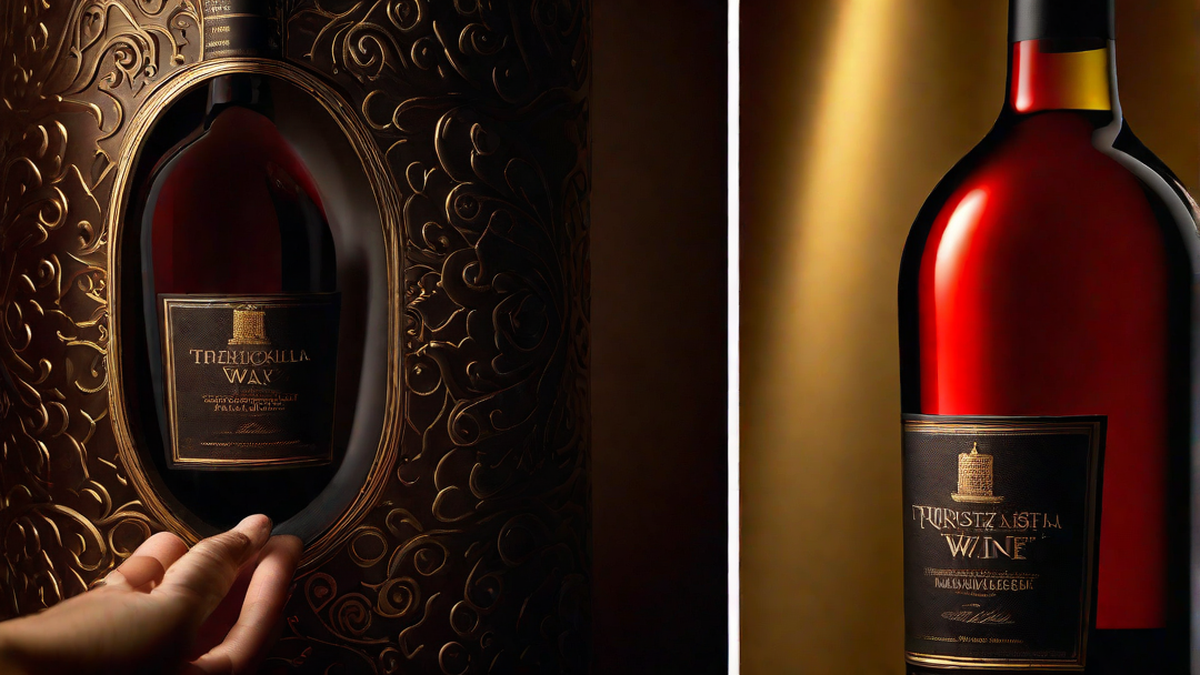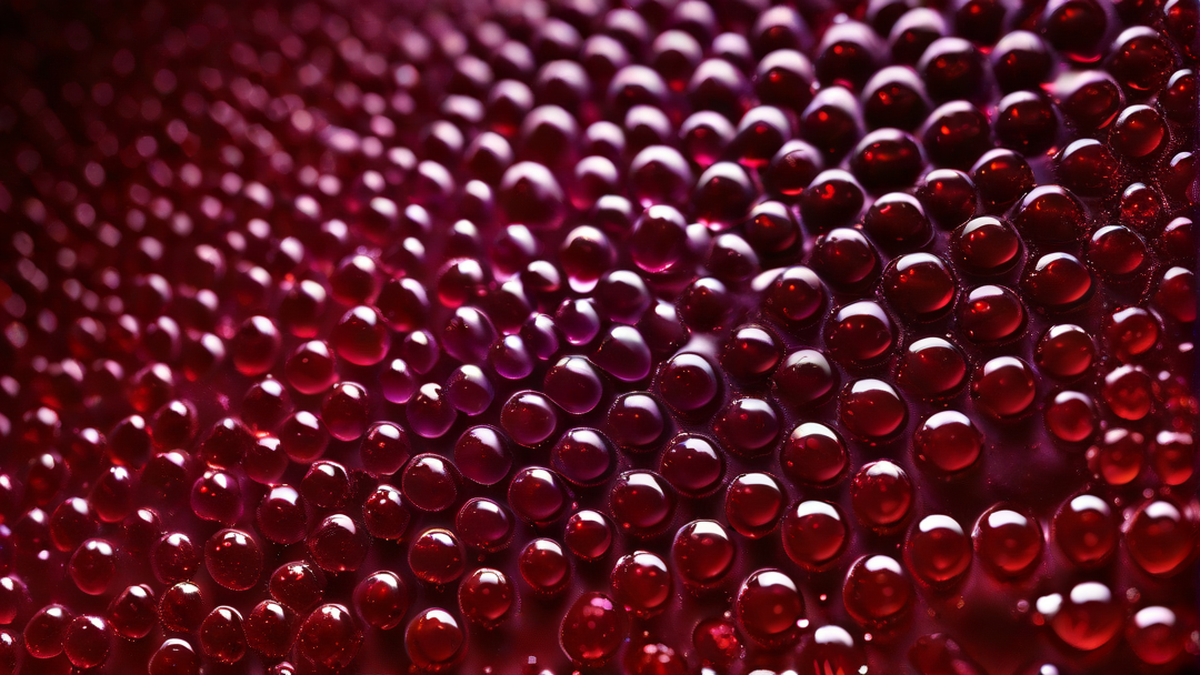Hello, wine aficionados! This time, we’re diving into a timeless inquiry: Can boiling wine eliminate its alcohol? Being a wine enthusiast, I felt compelled to investigate this matter and share what I’ve learned with you. So, pour yourself a glass of your preferred wine, and let’s examine if the alcohol content in wine changes when it’s boiled.
Understanding the Science
First, let’s understand the science behind this. Alcohol has a lower boiling point than water – around 173°F (78°C) compared to water’s 212°F (100°C). When wine is gently heated, the alcohol will start to evaporate before the water. However, it’s essential to note that boiling wine for a short period might not eliminate all the alcohol content.
The Impact on Flavor
Now, let’s consider the impact on the flavor of the wine. Boiling wine can alter its taste and aroma, potentially affecting the overall drinking experience. The heat can accentuate certain flavors and diminish others, so it’s crucial to consider the potential flavor changes when deciding whether to boil wine for a recipe or other purposes.
Common Culinary Uses
Many culinary recipes call for the addition of wine, and boiling is often involved in the cooking process. However, it’s important to understand that even after boiling, a portion of the alcohol may still remain. The duration and intensity of boiling are important factors that influence the retention of alcohol in the final dish.
My Personal Experience
Personally, I’ve experimented with boiling wine to create reductions for sauces and marinades. While the alcohol aroma dissipates during the boiling process, there’s still a noticeable difference in flavor compared to using unboiled wine. I’ve found that the depth and complexity of the wine’s flavor can be altered, sometimes for the better, but other times affecting the intended taste of the dish.
Conclusion
As we’ve explored the impact of boiling wine on its alcohol content and flavor, it’s clear that the answer to whether boiling wine removes alcohol is not straightforward. While some alcohol evaporates during the process, it’s unlikely that all of it will be removed. Additionally, the flavor profile of the wine can be significantly influenced by boiling. So, the next time you consider boiling wine for a recipe, take a moment to appreciate the complex interplay of science and flavor that occurs. Cheers!




